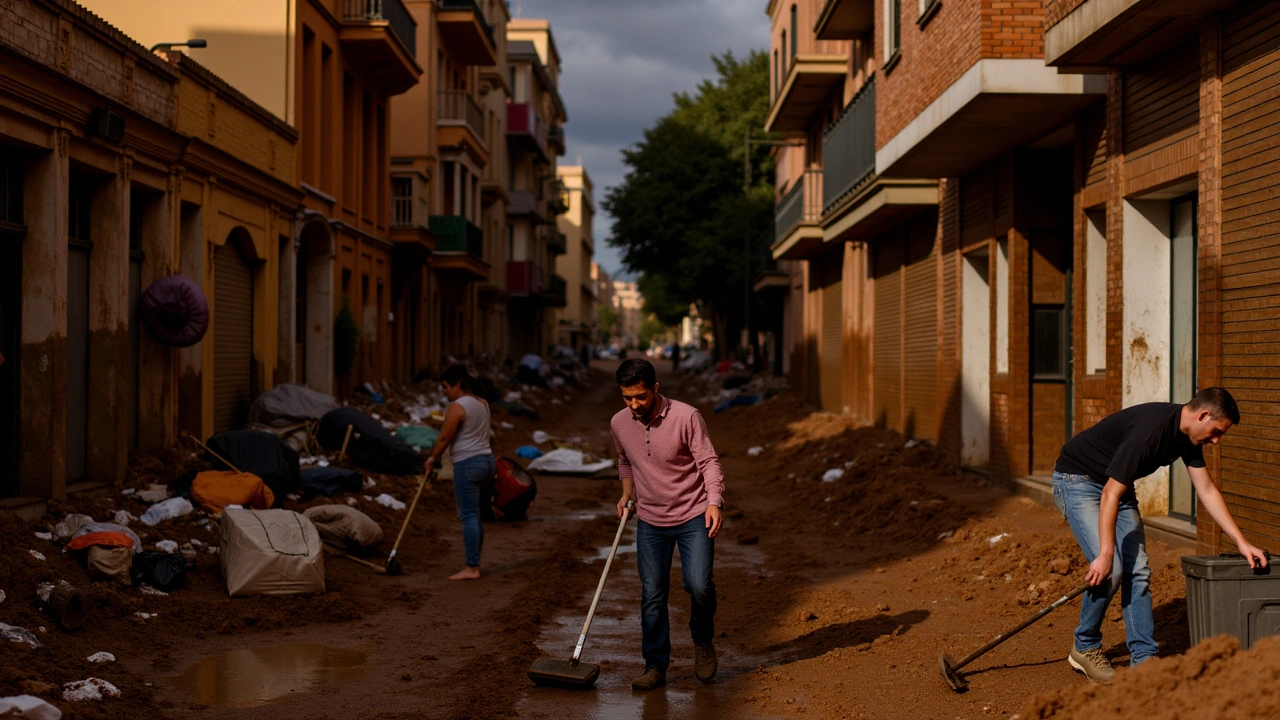Flood victims: What to know now and how you can help
If you or someone you know has been hit by floods, you need clear, practical steps — not fluff. This page gathers news about flood victims, safety tips, where to find help, and how readers can donate or volunteer safely. We update stories and resources so you can act fast and smart.
Immediate steps for flood victims
First, get to higher ground and avoid moving water. If your home is flooded, shut off electricity at the main breaker only if you can do it safely. Move important documents, IDs, and medicines to a dry bag or plastic container and keep them with you. If you smell gas, leave immediately and call emergency services from a safe place.
Contact local emergency lines and follow evacuation orders. Many towns set up designated shelters and relief centers; check local government social channels or community Facebook groups for exact shelter locations. If you have mobility issues or need medical help, tell dispatch right away so responders can prioritize you.
Short-term recovery and paperwork
Once it is safe to return, document damage with photos and short video clips before cleanup. This helps with insurance claims and aid applications. Keep a simple list of damaged items and approximate values. If you don’t have insurance, ask local relief agencies about emergency grants or temporary housing programs.
Replace vital documents as soon as possible: birth certificates, ID cards, and medical records. Many governments allow online or temporary copies. If you lost prescriptions, call your doctor or nearest clinic — community health centers often fast-track refills after disasters.
Clean-up tips matter. Wear gloves, masks, and boots when handling wet debris. Disinfect surfaces and throw away food exposed to floodwater. If mold appears, dry the area quickly and consider professional help for large infestations; mold can cause long-term breathing problems.
Mental health is real after disasters. Feeling numb, angry, or tired is normal. Reach out to local counsellors, religious groups, or hotlines. Even short daily routines — sleep, food, a walk — help rebuild stability.
If you want to help: give cash when possible. Local charities and vetted NGOs can turn money into food, shelter, and supplies faster than drop-off drives. Volunteer only with organized groups so efforts don’t get wasted. Bring clear ID, ask for a short briefing, and be ready to follow instructions.
Before donating, verify charities. Check local government lists, charity registries, or trusted platforms for ratings and transparency. Ask how funds will be used and whether administrative costs are reasonable. Scam warnings: avoid cash transfers to unknown accounts and be cautious of urgent private appeals on social media without verification.
Patio Pulse keeps a live feed of relevant articles and verified relief updates for flood victims across Africa. Bookmark this tag to stay informed about new developments, local needs, and ways to help your community quickly and safely.

Intense Rainfall and Flood Crisis in Barcelona and Valencia: A Rescue Mission
Keabetswe Monyake Nov 4 6Barcelona experiences significant rainfall as rescue efforts intensify in Valencia to locate flood victims. The devastating floods last week led to 217 fatalities, particularly impacting Valencia due to continuous storms in eastern Spain. The storms have left behind a trail of destruction, and emergency services are tirelessly working to aid those affected and restore essential services amidst impending rains that threaten to worsen the situation.
More Detail